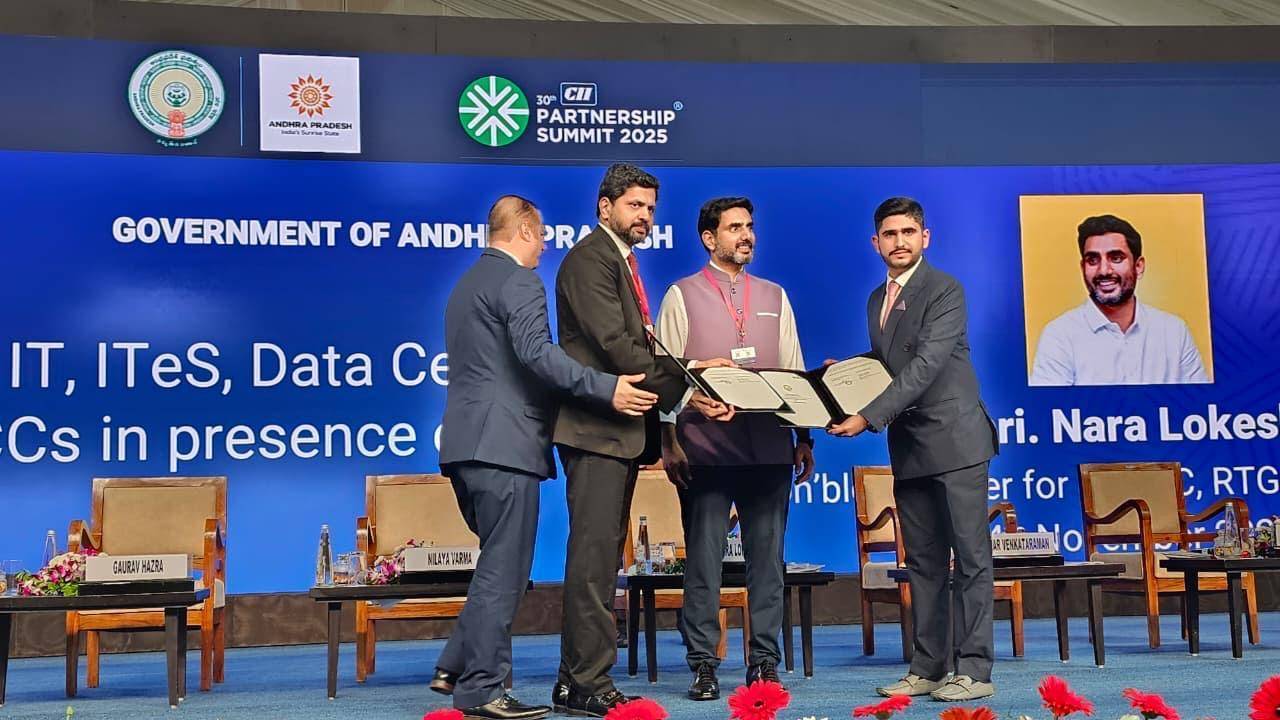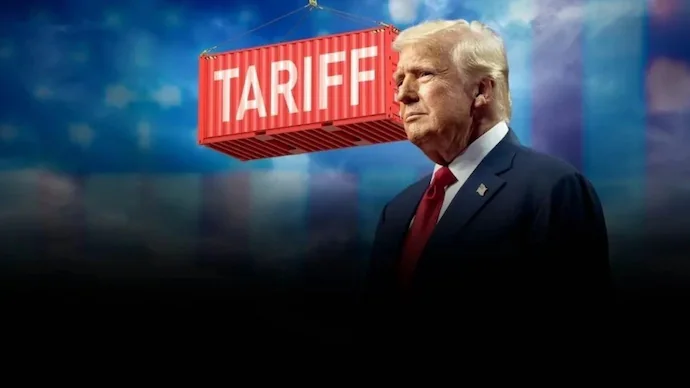Nithin Kamath on How Robinhood Makes $150 Million a Year from Instant Withdrawal Fees
Nithin Kamath’s recent commentary on Robinhood’s business model, including key claims, implications, and take-aways.
Introduction
Nithin Kamath, co-founder and CEO of Zerodha, shared a post on his personal blog and via social media where he made a pointed critique of Robinhood’s instant withdrawal fee model. He used the example to compare the US banking/fintech system and the Indian payments/fintech ecosystem.
The Claim
Kamath states that Robinhood earns roughly US $150 million (≈ ₹1,300 crore) annually from the fees it charges for processing “instant withdrawals” from its clients.
He further claims that the cost for Robinhood to process those withdrawals is about US$35–40 million, leaving “a clean US$100 million to the bottom line” just from this one “add-on” product.
According to him, the fee percentage is about 1.75% of the transaction for an instant withdrawal in the US context, which he says “really shows how broken the US banking system is”.
Context & Contrast
Kamath highlights that in India, thanks to systems like UPI and newer fintech infrastructure, instant withdrawals/deposits are happening at zero cost (for clients) through firms such as Zerodha (according to his blog). He claims Zerodha processed over ₹50,000 crore in instant withdrawals in under two years at zero cost.
He uses the contrast to argue that the U.S. system still relies heavily on fees for instant access to funds, and that the U.S. banking system is “broken” because of this structural cost layering.
He also suggests that this is symptomatic of a broader challenge: fintech and brokerage firms in India might dream of “non-core” revenue streams (loans, insurance, payments) but the core offering remains core—and the comparison of such U.S. add-on revenues should humble Indian firms.
Implications
For Robinhood: the instant withdrawal fee is a high-margin revenue stream, but possibly one that raises questions around fairness/consumer cost, especially when compared internationally.
For Indian fintech/brokerage firms: a reminder that business models should focus on core value, and that fee-based add-ons may not scale or may raise ethical/regulatory issues.
For consumers: an alert to the fact that “free” trading/brokerage platforms may still be monetizing you via add-on fees (like withdrawal fees) rather than just the apparent offer of no commission trading.
For regulators and policymakers: an indication that payments/withdrawals infrastructure and business models vastly differ across countries; comparing fees across geographies may highlight regulatory/infrastructure gaps.
My Take & Key Lessons
Business-model clarity matters. The claim about $150 M in revenue from one fee category reminds us how small-seeming fees can aggregate into large profits.
Infrastructure matters. In India’s case, UPI and its ecosystem reduce costs and eliminate many consumer-facing fees; this gives Indian fintechs a different playing field than U.S. firms.
Fee transparency is important. For consumers, knowing what fees they pay (even in “free” platforms) is critical.
Don’t over-chase add-ons. Kamath’s commentary suggests that Indian startups should focus on core product-market fit rather than ambitiously diversifying too early.
Global comparisons need caution. The banking/fintech ecosystem, regulatory frameworks, consumer behaviour and fee structures differ widely—raw comparisons may mislead.
Conclusion
Nithin Kamath’s post serves as both critique and reflection—critiquing U.S. fintech/business model structures via Robinhood’s instant-withdrawal fees, and reflecting on India’s structural advantages (and remaining disadvantages). Whether one agrees fully with his figures or framing, the discussion generates useful questions about how fintechs monetize, how consumers pay (or don’t), and how infrastructures shape business models.
You May Also Like

Anant Raj Cloud & Andhra Pradesh: A Game-Changing...
Anant Raj Cloud & Andhra Pradesh: A Game-Changing MoU Signed 🚀What Is the Deal?Anant Raj C...

secl paste filling project
What Is the SECL Paste-Filling Project?SECL (South Eastern Coalfields Ltd), a subsidiary of Coa...

U.S. Cut Flower Imports: New Tariffs to Impact Pri...
U.S. Cut Flower Imports: New Tariffs to Impact Prices, Retailers, and ConsumersThe U.S. floral...



